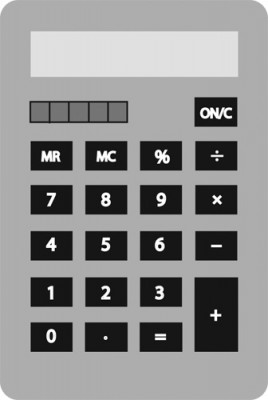
Graphic by Lauren Ransom
The Math Club has joined with the Physics Club after low enrollment made it difficult for officers to hold the clubs together.
“Our goal is to provide students with a venue to pursue their interests in math and physics with their peers. We hope to connect students with opportunities in the field after they graduate, and raise awareness about math and physics in the community,” said Nick Chaung, the president of the club,
The club offers an informal gathering for students to discuss relevant topics.
“Anyone is welcome to stop by, we get a cross section of students from the science and math departments. Don’t feel intimidated, we have students of all levels,” said Chaung, a senior math major.
Activities at the meetings vary from relaxed movie nights to talks from guest speakers in the field.
“Our vice president works for a government agency so she arranged for a statistician to come speak to the club in October,” said Chaung.
According to Chaung, many people do not know what kinds of careers students can go into after earning a degree in mathematics or physics. One of the club’s goals is to provide students with real-life connections and interactions with people working in the field. They are also educated on job possibilities.
Chaung hopes to get the club involved in the annual William Lowell Putnam Mathematical Competition held each December. Daniel Anderson, a math professor, holds practice sessions every Friday to prepare students for the competition.
“Winning in the Putnam Competition would put anyone’s math career well on its way and help them earn a Ph.D. in math,” Chaung said.
Prizes for winning the competition range from $250 to $25,000.
Before declaring himself as a math major, Chaung said he had considered going into either economics or philosophy.
“I hated math in high school. It wasn’t until I took Calculus II with Professor Brian Lawrence that I appreciated it. I always thought math was about crunching numbers, but he challenged us to think creatively about math,” said Chaung.
“The nice thing about the club is it offers a system of guidance and support to math majors, especially, Chaung said. “ The math department doesn’t hold very many events or have strict deadlines for meeting with advisers, so the club is a nice way for younger students to find upperclassmen mentors.”






Comments